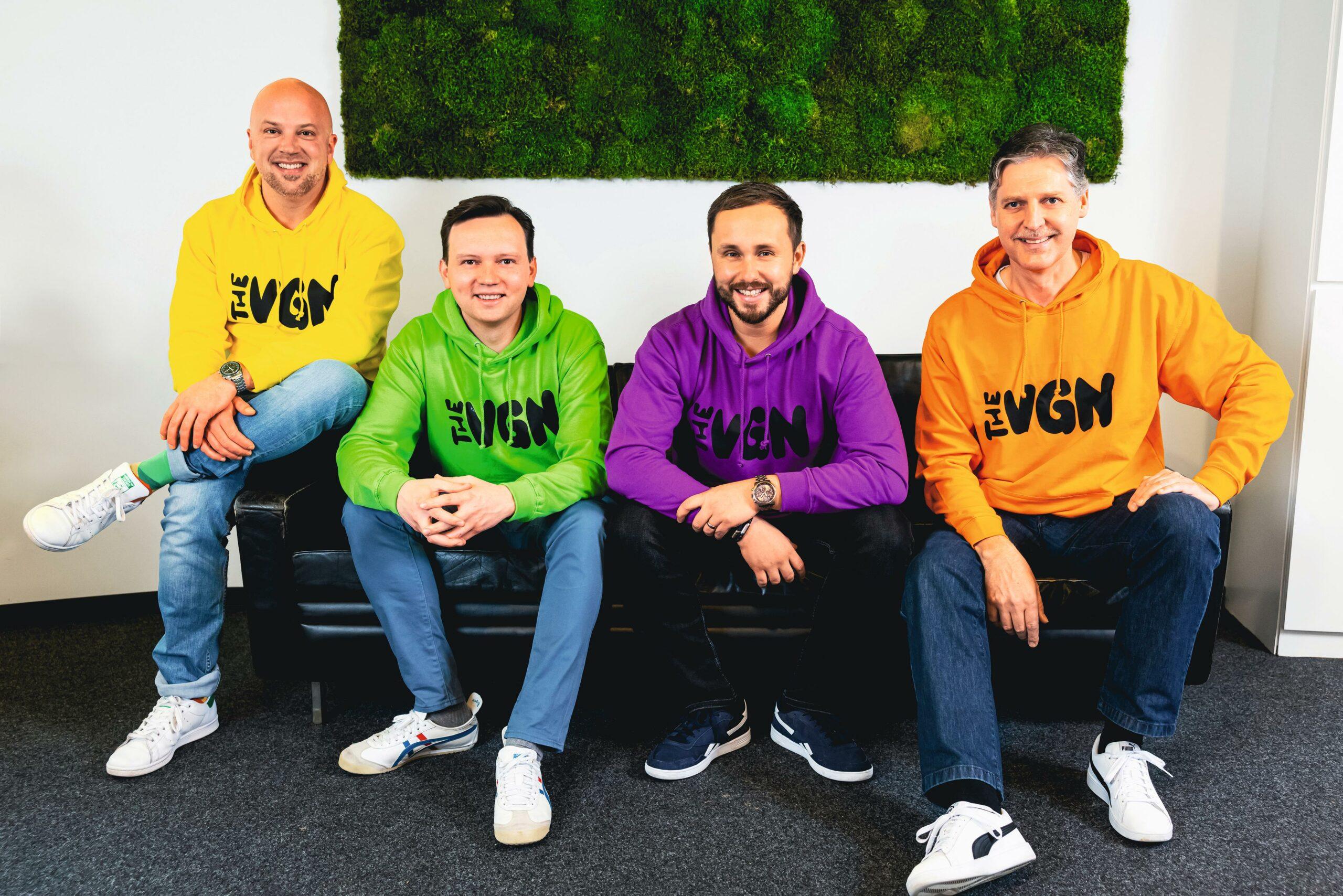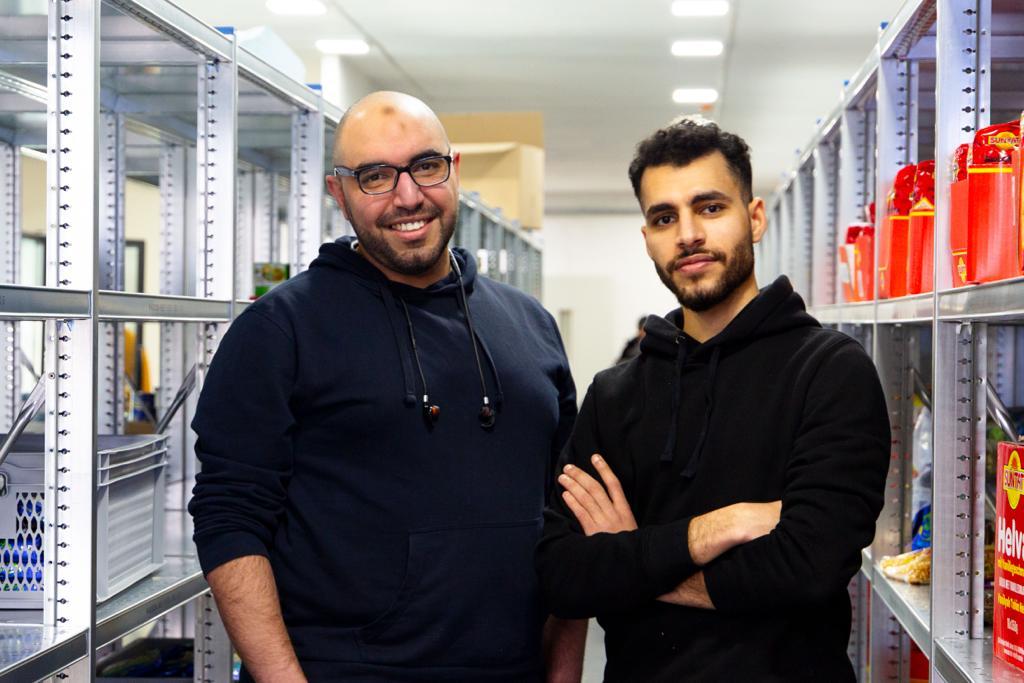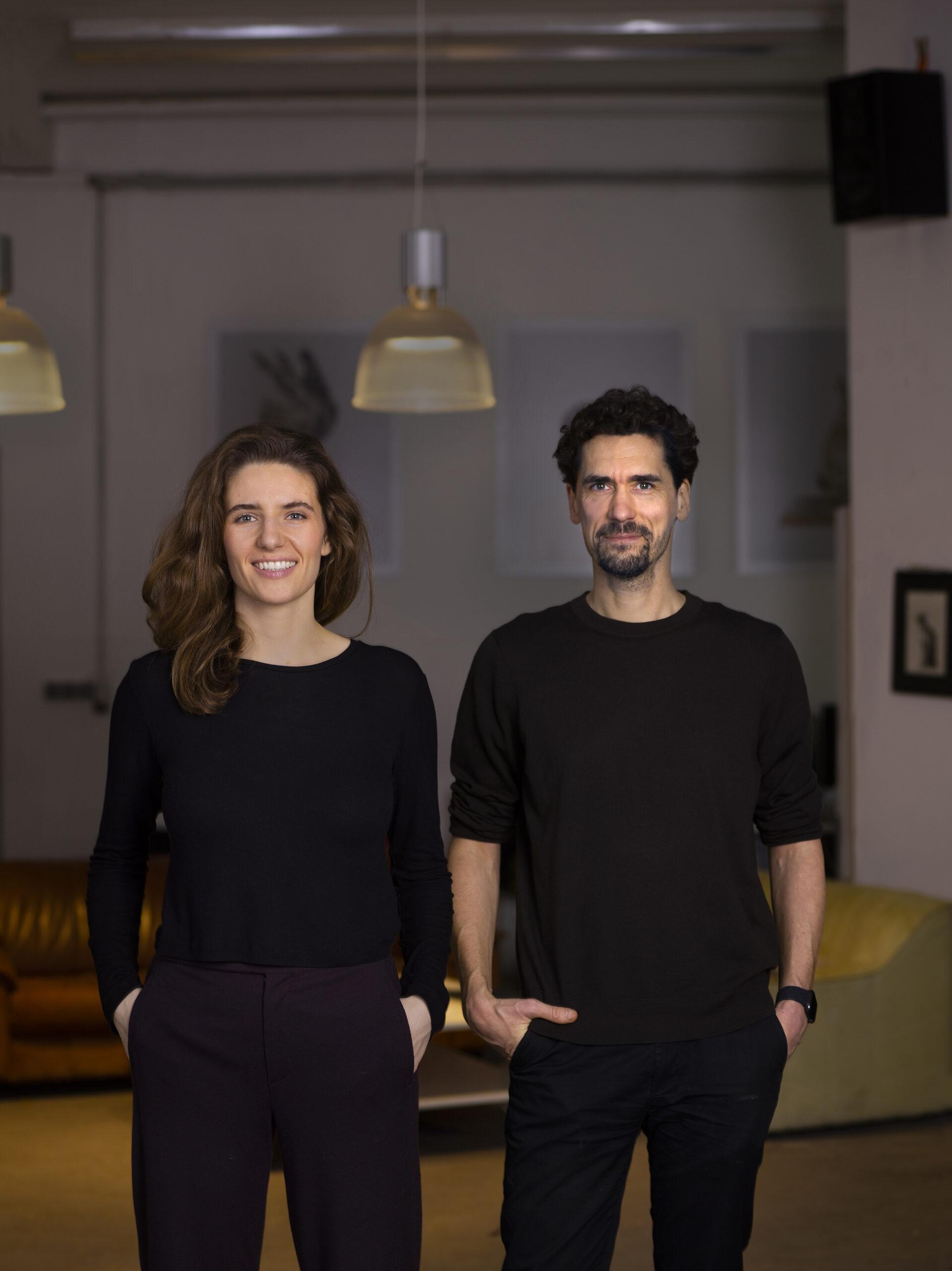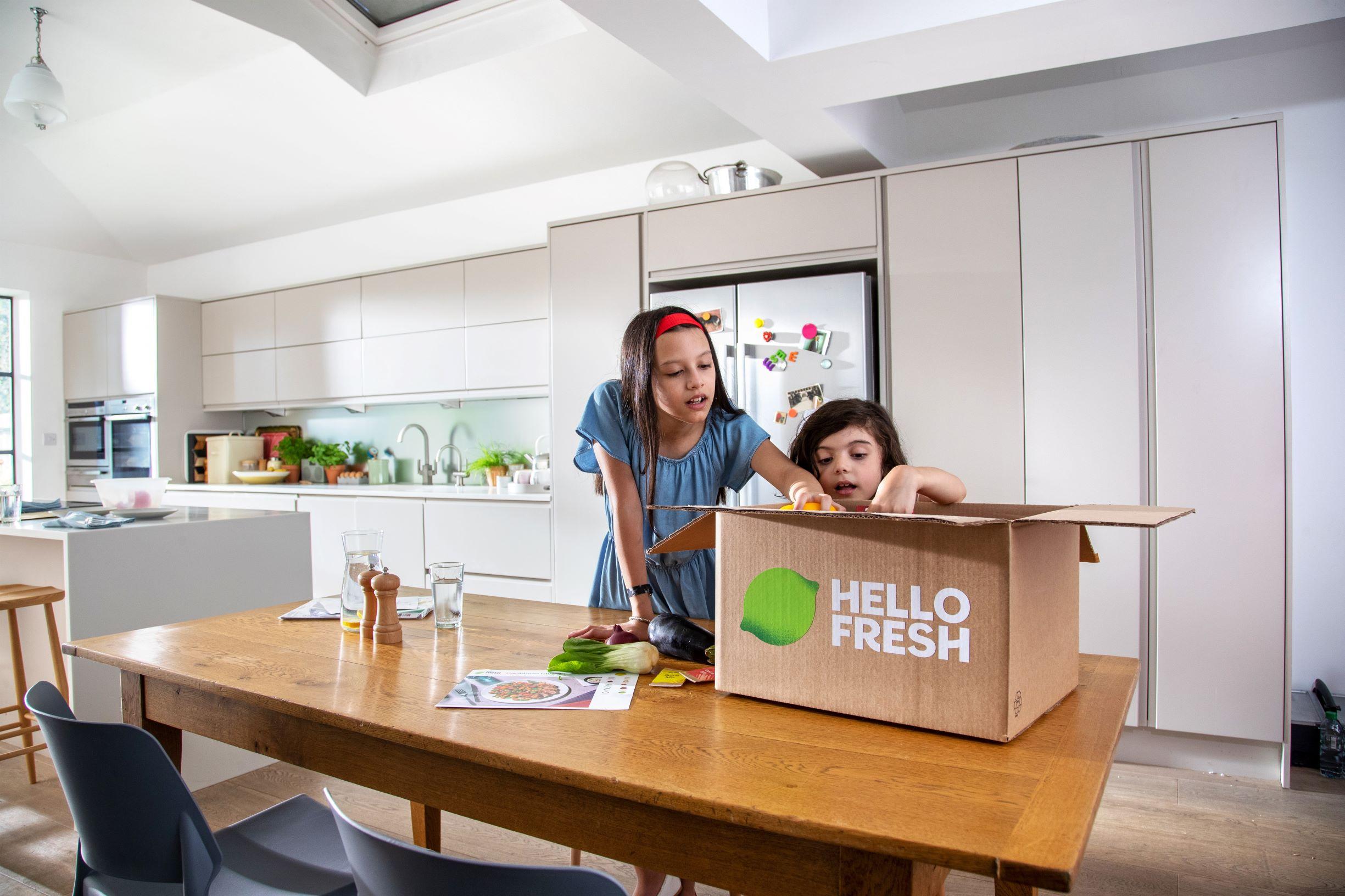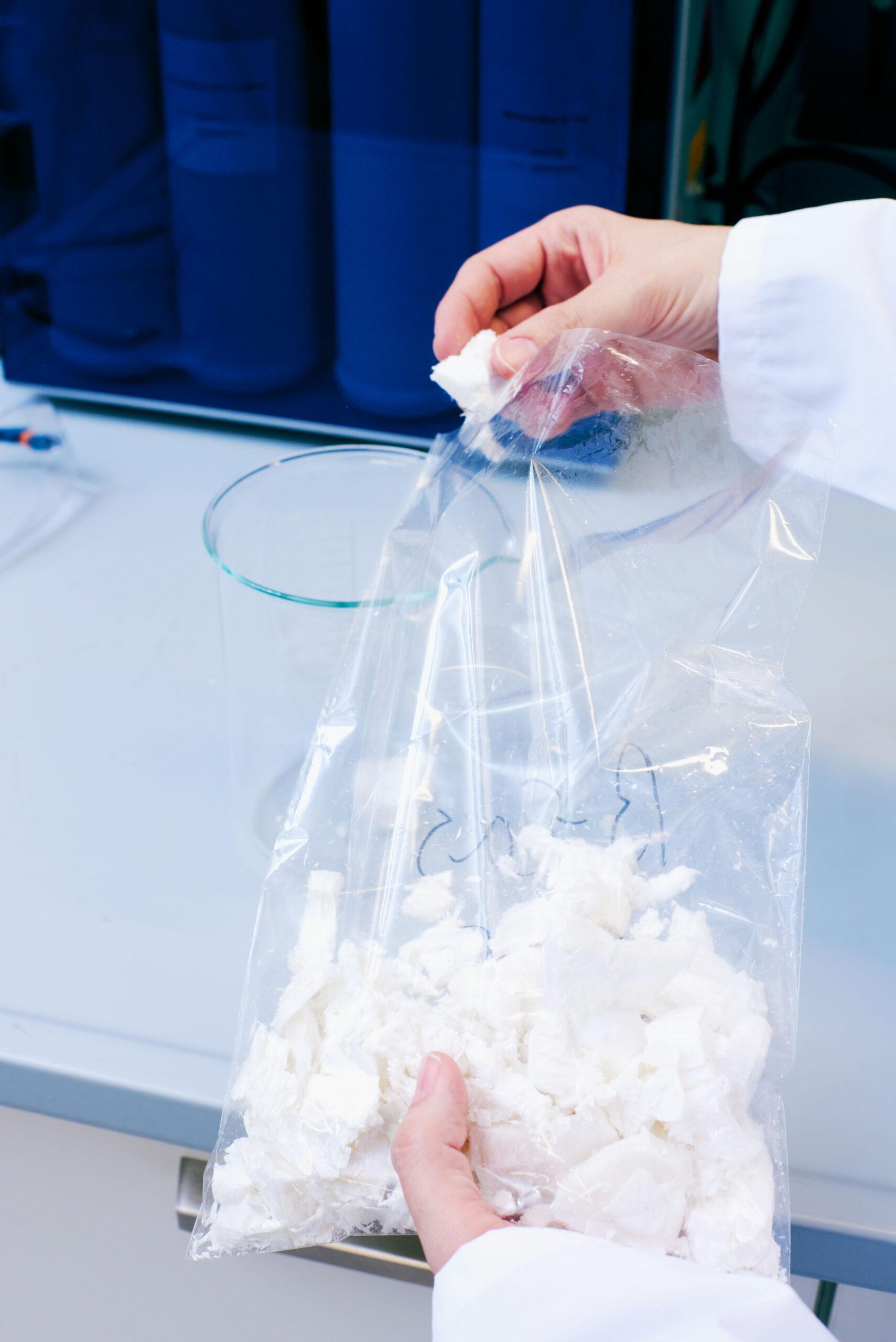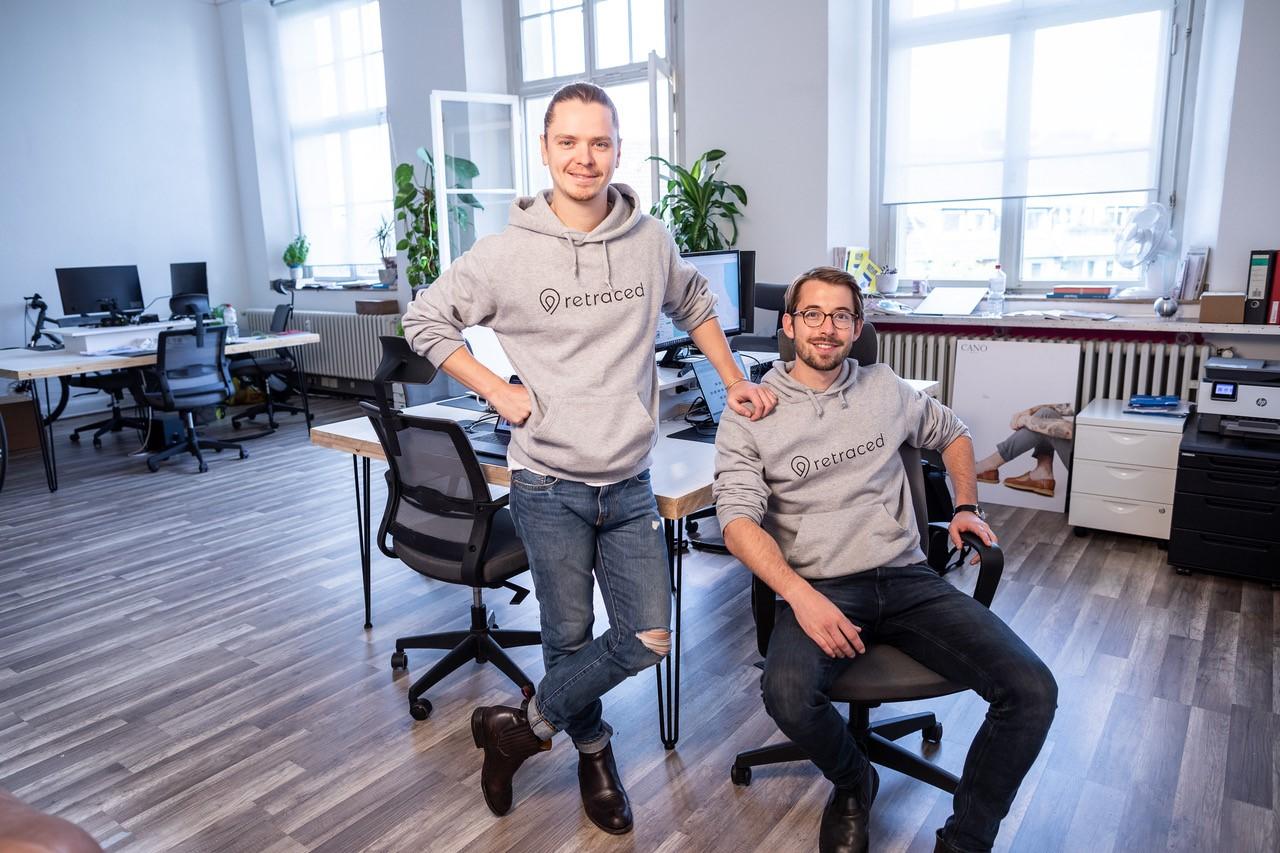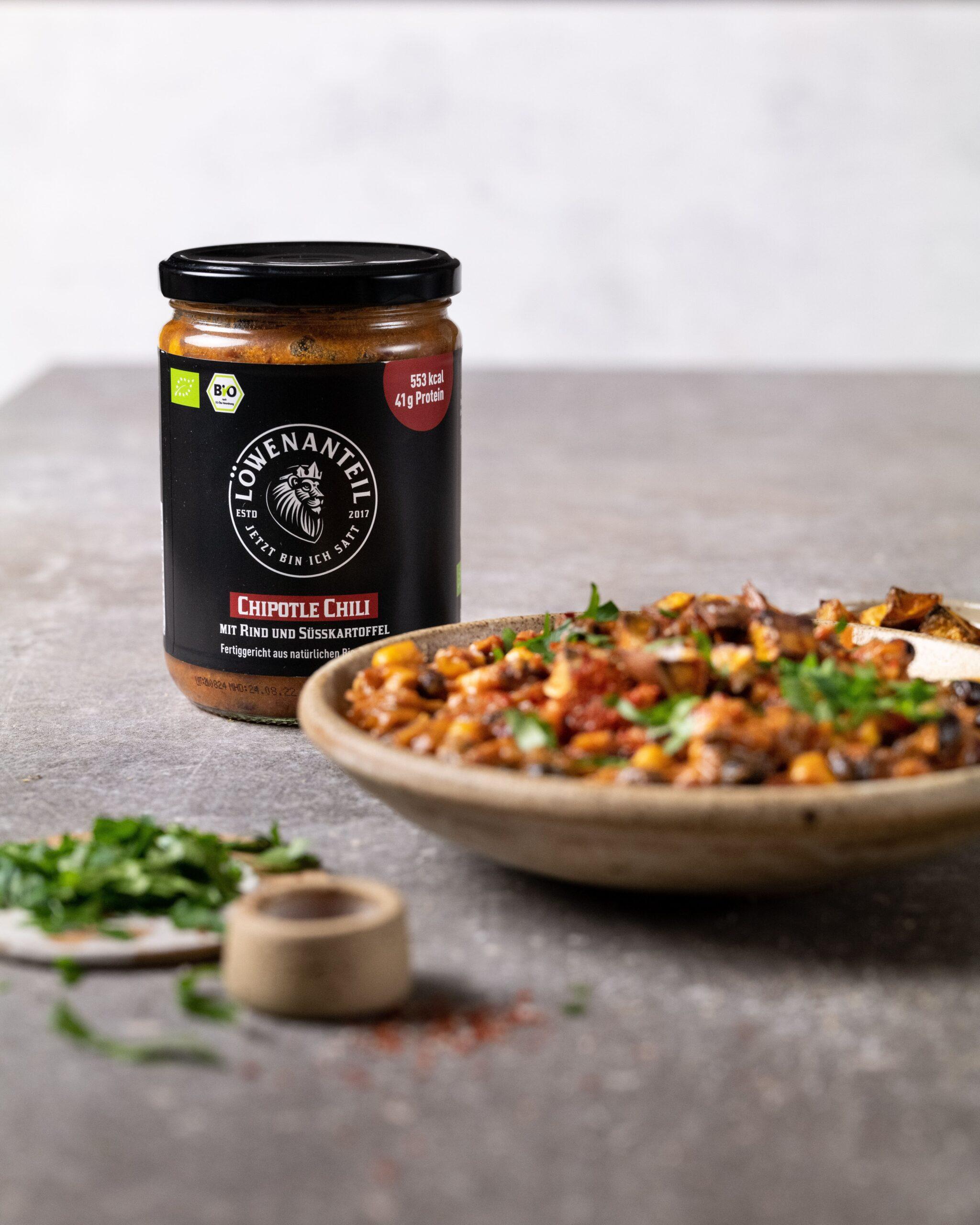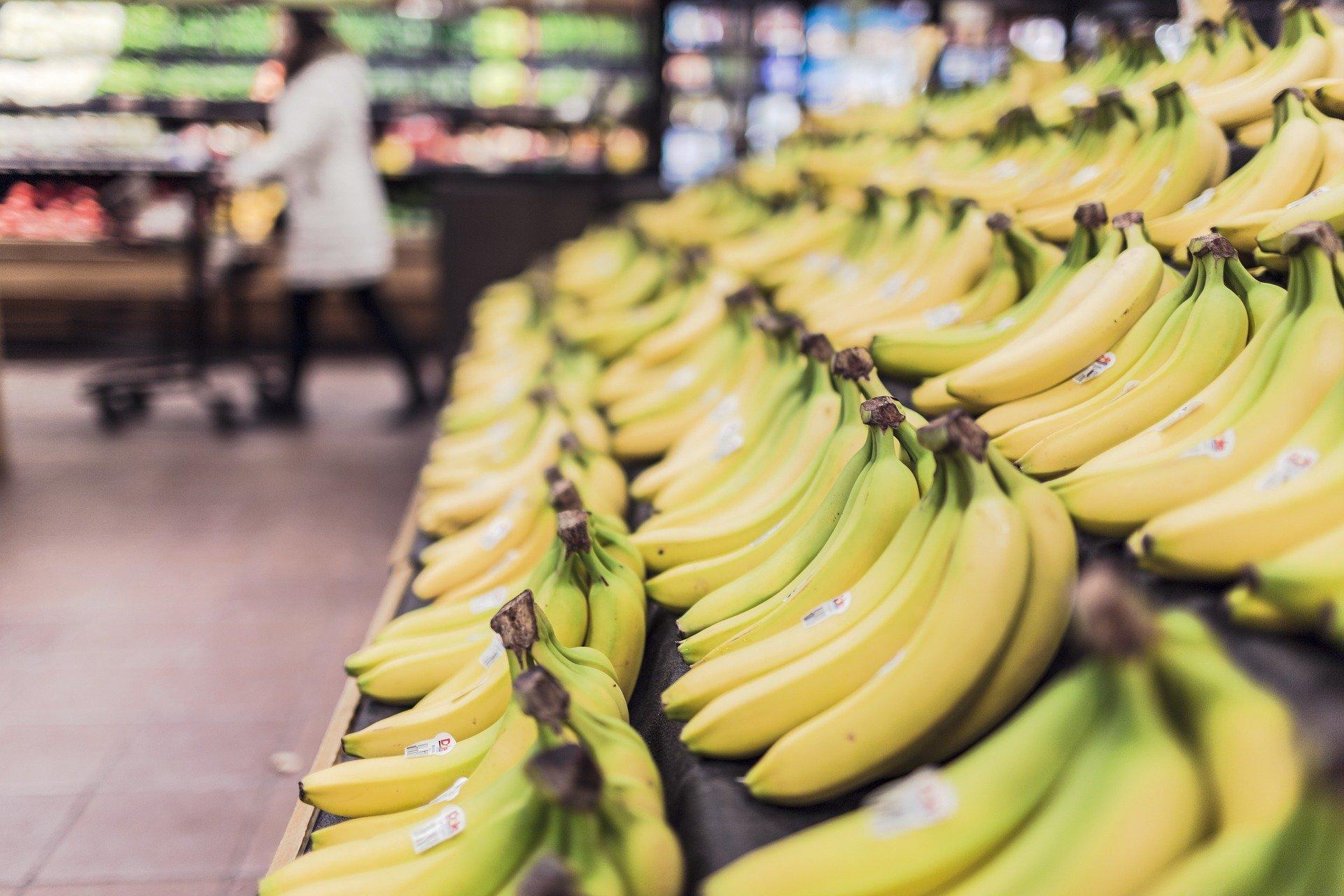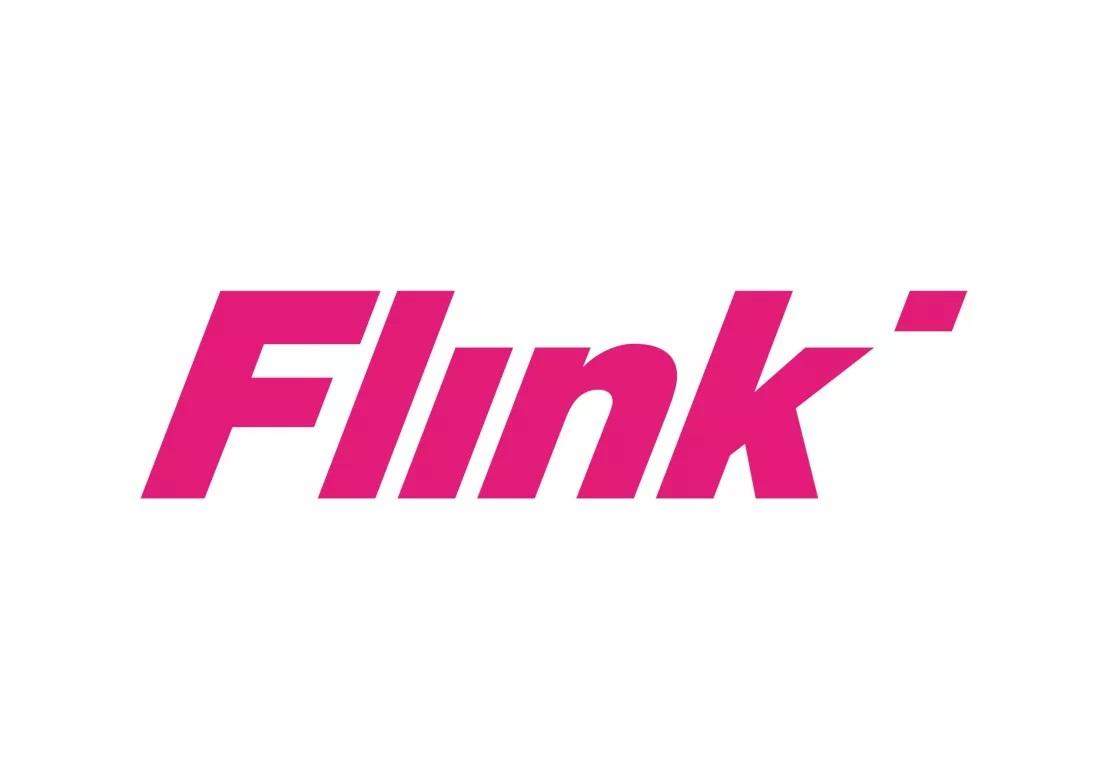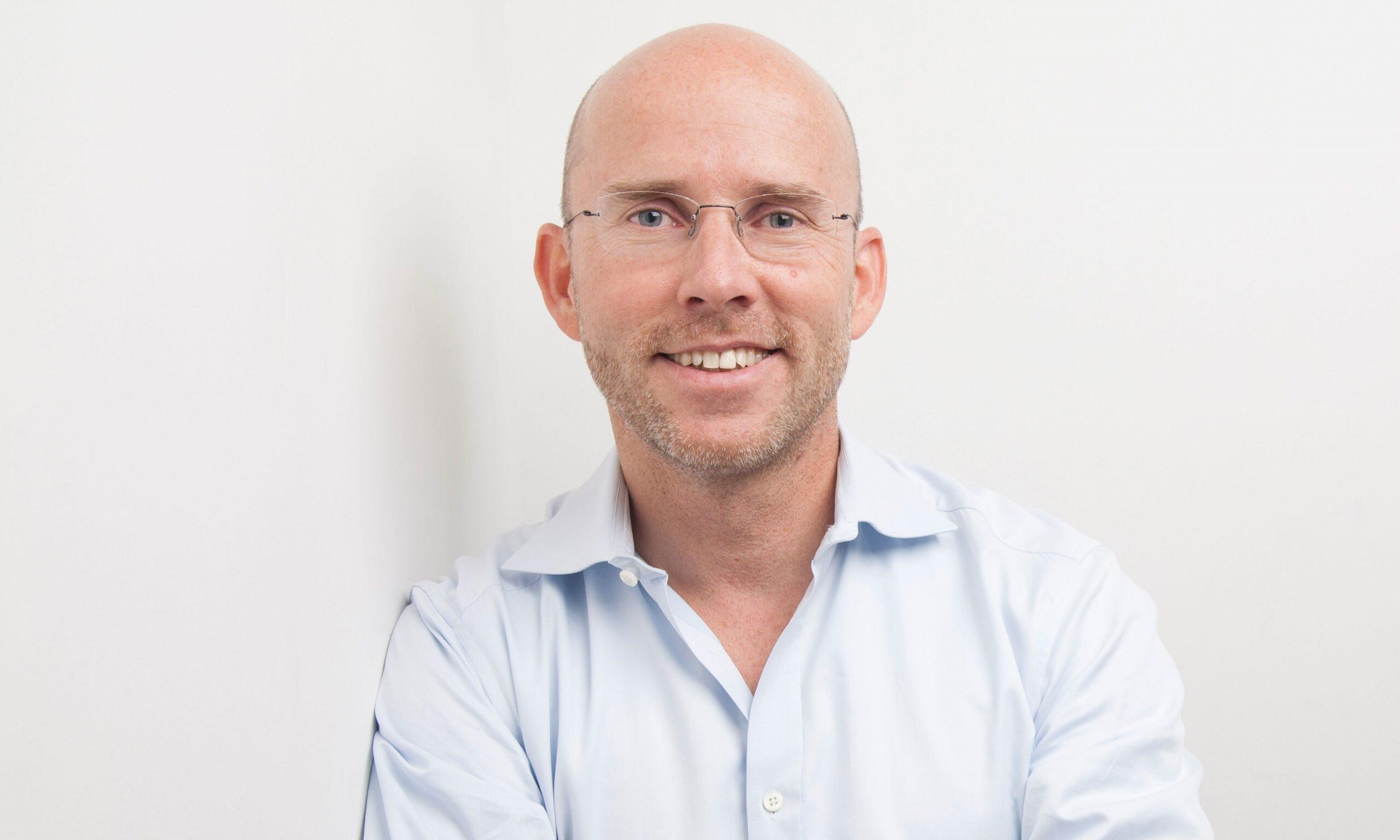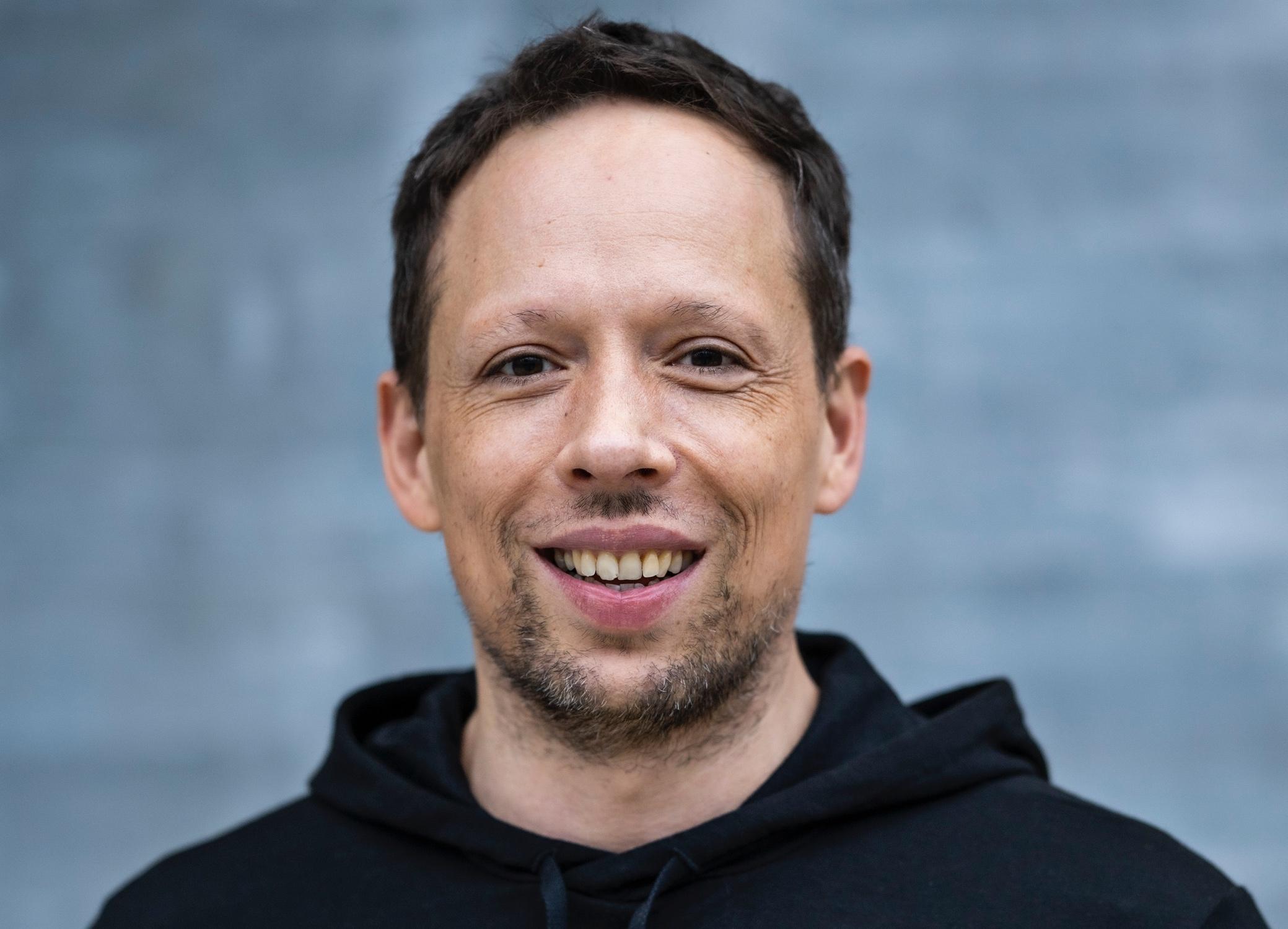"We are the spider in the web"
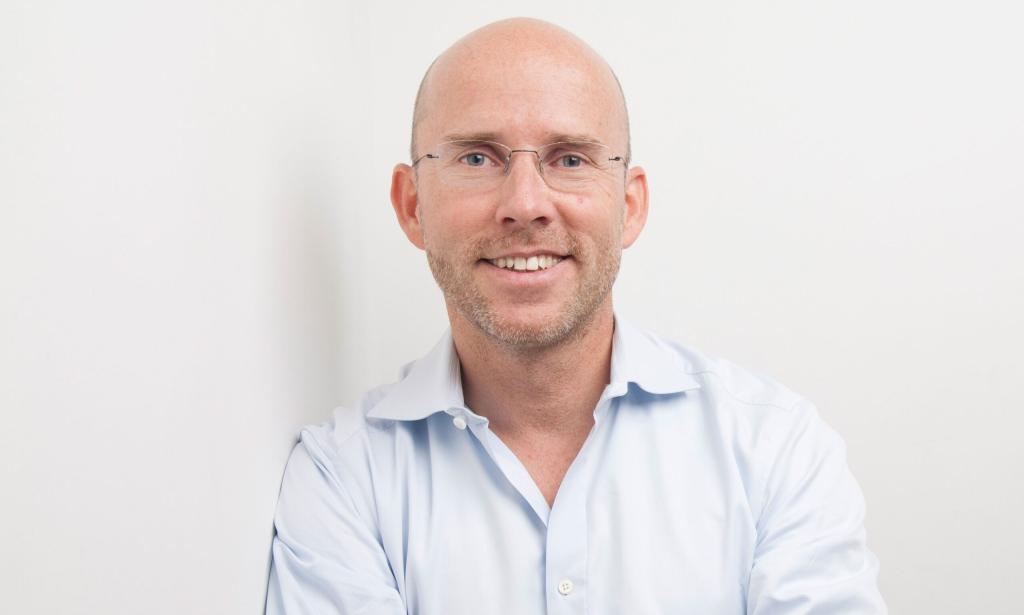
With his start-up SPRK, Alexander Piutti sent 31 tons of food and other goods to Mallorca, which is suffering from a lack of tourism, by the end of April. In this interview, he explains how his start-up works.
There are many ways to reduce food waste in Germany. The Berlin start-up SPRK starts at the very beginning of the supply chain and uses artificial intelligence to identify surplus food, collect it and find buyers such as NGOs or sell it to canteens. Serial founder Alexander Piutti is fighting against food waste with his start-up SPRK. The start-up is currently making headlines with its donations for the island of Mallorca.
Mr Piutti, some people have recently been on vacation in Mallorca, but the island has also been hit hard by the pandemic. Poverty, for example, has risen to a record high. With your start-up SPRK, you have decided to send food and work with the Hope Mallorca initiative. How did this come about?
Sebastian Konrad, a close friend of mine, got in touch with us in mid-February. Sebastian put us in touch with Heimke Mansfeld's charity Hope Mallorca, as he was familiar with our work in Germany. He told me that more and more people were finding themselves in a precarious situation due to the lack of tourism. Without further ado, we set up a cooperation with the help of Sebastian. In mid-April, we then sent the first eleven tons of food as well as drugstore and cleaning products to the island overland via an existing truck logistics connection. At the end of April 2021, SPRK arranged another 20 tons of potatoes from NRW to Mallorca. Further deliveries are being planned. We always have to work with the buyers to consider what the local people actually need.
For SPRK, identifying surplus food and redistributing it is not just a good deed, but also a business model. How exactly does it work?
There are different stages in the food supply chain from the field to production and wholesale to the supermarket. And at each stage, there is typically a surplus to compensate for bottlenecks or to prevent a shortage of goods. This surplus is usually perfectly edible and not bad. It just lacks the right buyers. Of the twelve million tons of surplus in Germany every year, around 60 percent is already generated in the supply chain, much of it at the very beginning. We start at these nodes. We work together with producers and retailers, identify the specific surplus of food and redistribute or systematically process the food. We are increasingly doing this with the help of our technology, which, among other things, docks onto the existing software systems of supply chain participants and is intended to identify patterns in the long term in order to prevent systematic overproduction.
Where does the food then go?
The surplus goes to NGOs such as the Arche Kinderstiftung in Berlin or Hope Mallorca. But we also sell the food to hospitals, canteens or industrial caterers, some of whom are already mission partners of SPRK. When in doubt, they take our goods first because they also find it important to be sustainable and want to support the SPRK mission. Our work over the past two years has been to win over these partners. It's like this: Nobody likes to talk about the fact that we had to throw away 1.7 tons of food last week, for example. It doesn't help to be dogmatic at this point. We need to be able to build partnerships or trust with these producers. Together, we can significantly reduce food waste as a result.
As a company, SPRK must be profitable. How do you finance yourselves?
So far, we have 16 private investors who are behind our idea and are happy to support the project. However, we are also currently in talks for a new round of financing with family offices, relevant companies and individual venture capitalists. Early scaling is not possible without external financing. However, we are already producing our own products from surpluses and selling them to our partners, which requires external start-up financing. We are currently talking to investors about our Series A financing. In the long term, the business model envisaged is that the delivery partners will pay a fee as platform users, which will be profitable for them in any case compared to the high disposal costs. However, not all of our activities have to be profitable, as we deliberately use a mixed model as an impact venture. We also want to enable donations to SPRK in the future. To ensure that cooperation with initiatives and foundations can work, for example, we will soon be setting up our own SPRK Foundation. Other donors can then donate a 5 or 6-figure sum, for example, and ask us to give food to the Mallorcan population or others in need.
SPRK itself also wants to be particularly sustainable as a company. But when you deliver food, it has to be transported from A to B. How sustainable is your logistics?
Our platform works like a spider in a web. We access existing logistics providers, both for NGOs and for commercial customers. We rely on existing logistics options and rewire them. For example, empty runs that occur in the logistics context are included and thus better utilized. Sometimes we also have to organize logistics ourselves if things need to move quickly - especially in Berlin, our starting point.
In the long term, your customers will probably want to know exactly where the individual products come from. How transparent do you make your own supply chain?
I personally believe that efficiency and transparency are becoming increasingly important. We are currently talking to agricultural associations, for example, to collect apples from farmers that are too small, too big or too crooked to be sold and want to use them to make apple juice, for example, which can then be sold in supermarkets. The fact that the customer can then trace exactly where the apple juice comes from could also be made transparent with the help of blockchain technology.
If you or the producers optimize more and more supply chains or if there is a law like in other countries that prohibits these surpluses - won't you be creating your own market again?
Logically correct, but the reality is probably different: Our technology can be used permanently by running in the background and successfully matchmaking between surplus and demand. There will also always be changes that we have to respond to in order to maintain efficiency in the supply chain. What's more, there are many other areas where inefficient supply chains exist: Clothing, electronics, furniture or drugstore items, for example. Our technology can be adapted to the specific requirements of these sectors.
Personal details: Alexander Piutti is a serial founder, business angel and innovation coach. He has already built up several technology and impact companies. These include Global Venture Partners, Overture, Game Genetics, Sir Plus, Rehago and most recently SPRK.

Newsletter
Startups, stories and stats from the German startup ecosystem straight to your inbox. Subscribe with 2 clicks. Noice.
LinkedIn ConnectFYI: English edition available
Hello my friend, have you been stranded on the German edition of Startbase? At least your browser tells us, that you do not speak German - so maybe you would like to switch to the English edition instead?
FYI: Deutsche Edition verfügbar
Hallo mein Freund, du befindest dich auf der Englischen Edition der Startbase und laut deinem Browser sprichst du eigentlich auch Deutsch. Magst du die Sprache wechseln?
